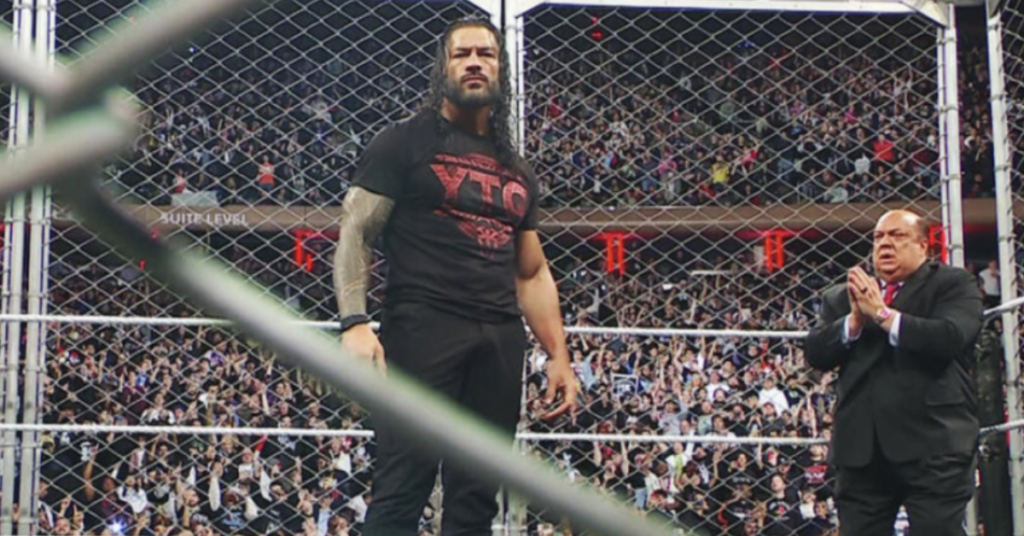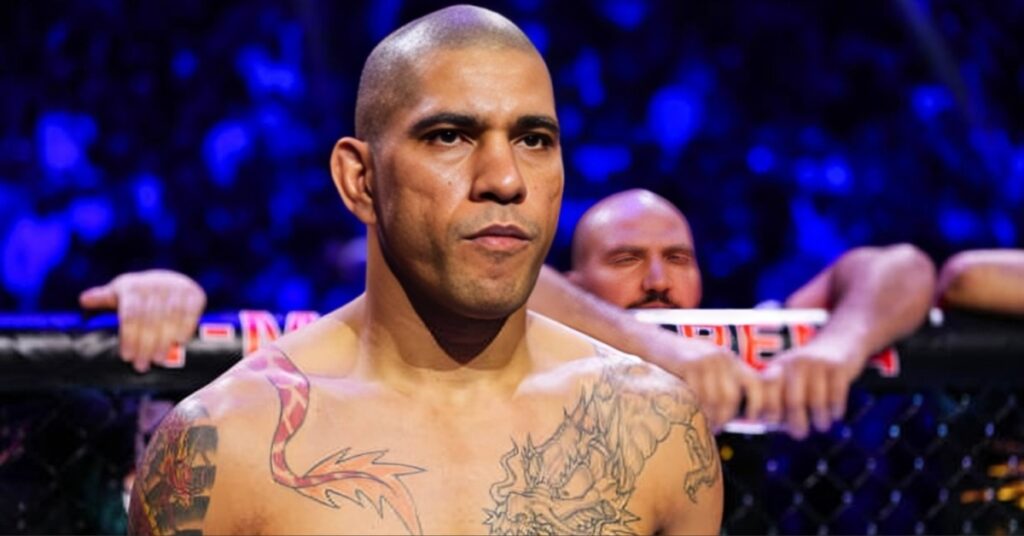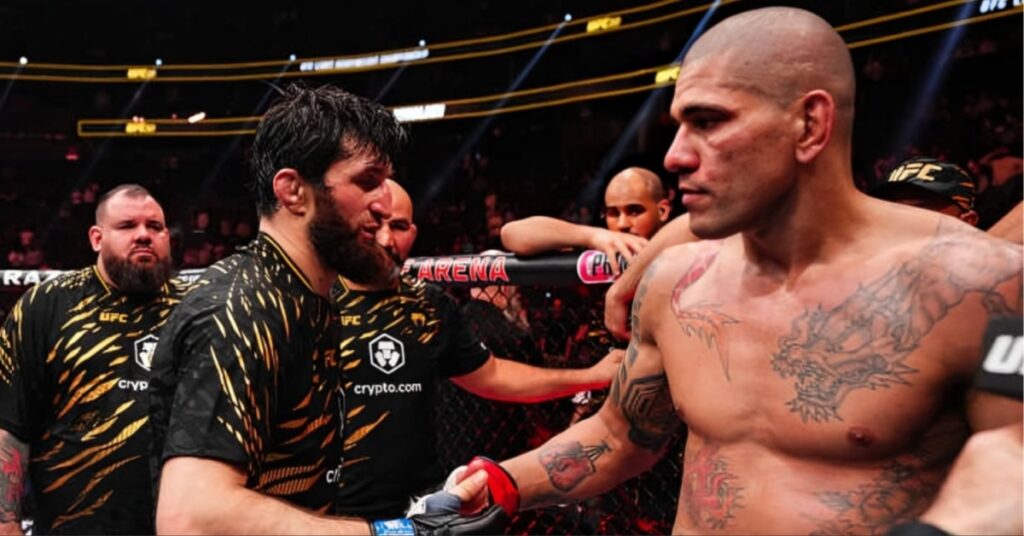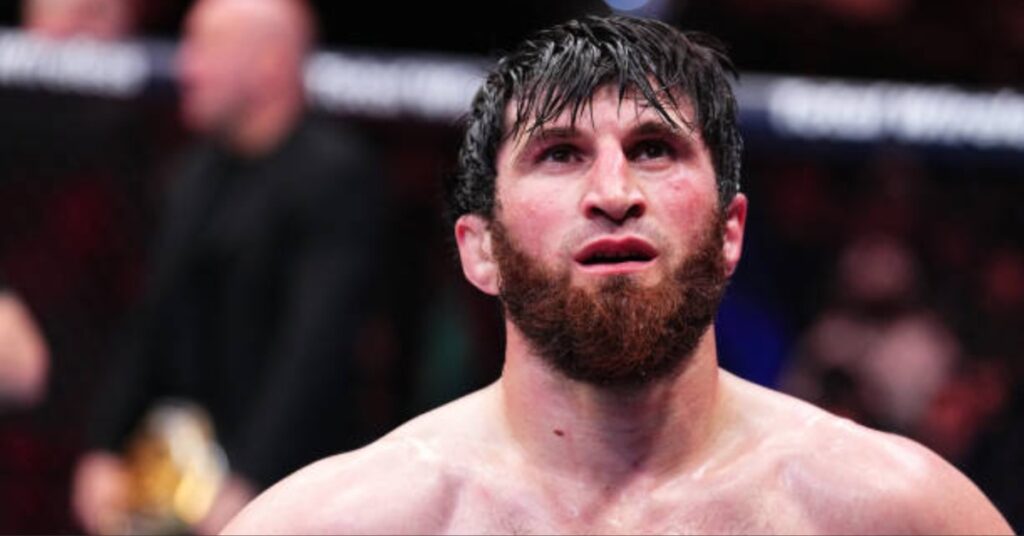With Jon Jones’ Cocaine Scandal, the Nevada State Athletic Commission Once Again Shines a Light On Their Own Incompetence

(Yeah, that’s pretty much all we can do at this point.)
As you might expect, the news of Jon Jones’ positive test for cocaine did not come without its fair share of questions from both fans and media members, questions like “Why wasn’t Jones punished prior to UFC 182?”, “Will he be punished now?” and “If cocaine isn’t banned out-of-competition, why was he tested for it in the first place?” And those are all sensible questions that the Nevada State Athletic Commission would love to answer. The problem is, none of them can seem to get their stories straight.
Where to begin, where to begin. I guess we should start with the date that NSAC was made aware of Jones’ test failure, which according to NSAC chairman Francisco Aguilar in an exclusive statement made to MMAFighting, was “around” December 23rd. While the UFC was informed shortly thereafter, Jones was not made aware of his positive test until two days after his fight with Cormier, for whatever reason. The UFC has declined to share their timeline of events in this matter, which isn’t sketchy in the least bit.
As to why Jones was being tested for cocaine in the first place? Well, it starts to get really, really murky there, because it turns out that Jones was tested twice on December 4th after his first sample came back “watery,” and both samples came back positive for trace amounts of cocaine metabolites. This is according to NSAC executive director Bob Bennett, who then attempted to answer why Jones was tested for a drug that isn’t banned out-of-competition by claiming “an administrative oversight.”
“That was a bit of an anomaly that will be addressed [at the next NAC hearing on] Jan. 12.” Bennett told MMAFighting. “It was not a report requested by the NAC. It appears to have been an administrative oversight.”
Of course, Bennett also revealed that Jones was then tested *again* on December 18th — or nearly a week before NSAC had been informed of his previous failure — and passed with flying colors. While Bennett was quick to claim that Jones wasn’t tested for “street drugs” in his follow-up test, Aguilar told Yahoo! Sports that Jones actually was. A quick look over the actual test results seems to coincide with Aguilar’s understanding of things:
Except that they don’t, because in a follow-up interview with MMAFighting’s Ariel Helwani, Bennett then claimed that the lab responsible for carrying out Jones’ test “copied the info that they put in the 12/4 test results but DID NOT test Jones for any recreational drugs on 12/18.” For what it’s worth, Aguilar told Kevin Iole that wasn’t sure of the exact date of Jones’ second test, but that it happened “about a week later, Dec. 11 or Dec. 12.”
So Jones may or may not have been tested for cocaine on two separate occasions, depending on which member of NSAC you are asking, and his second test was conducted before the results of his first were made available. Also, no one really seems to know when he was tested, and either the lab messed up what he was actually tested for or Bennett is flat-out lying to us. Now would probably be a good time to reiterate that these are the people the UFC deferred its out-of-competition drug testing because they were the more competent of the two.
The tl;dr version, in case you’re having trouble keeping track of all this…
But let’s get to Jones’ possible punishment, shall we? According to WADA code, the Nevada State Athletic Commission would have no grounds to punish Jones for his drug test failure because it did not come during WADA’s definition of “in competition” — the 12-hour stretch before a contest, as well as the time needed to collect any test samples immediately afterwards. The problem is, those very codes actually state that, yes, NSAC can very well punish Jones for his test failure (via Bleacher Report):
But Nevada allows the Athletic Commission great leeway. In fact, Nevada code allows the Athletic Commission to revoke a fighter’s license for:
“cause deemed sufficient by the Commission upon a hearing as provided for in NRS 467.113.”
The state likely could have stopped the fight had they desired to based on this catch-all provision. Of course, Nevada is the same state that allowed Floyd Mayweather to delay his jail sentence in order to fight Miguel Cotto in 2012. Combat sports are big business in Nevada, capable of injecting upwards of $100 million into the local community with each major bout.
Additionally, Jones’ positive test also violates the UFC’s Code of Conduct, which states that “Discipline may be imposed for misconduct, which includes without limitation, the following examples: …criminal offenses relating to performance-enhancing and prohibited substances, or substance abuse …” But if you honestly think the UFC is going to punish Jones beyond giving him a pat on the back for entering rehab, then we’ve got a bridge to sell you.
The Nevada State Athletic Commission will meet on Monday to discuss any and all issues related to Jones’ test, and hopefully we’ll get some actual, definitive answers then. Until then, let’s all just sit back and enjoy the glorious clusterfuck that is our sport.
-J. Jones






